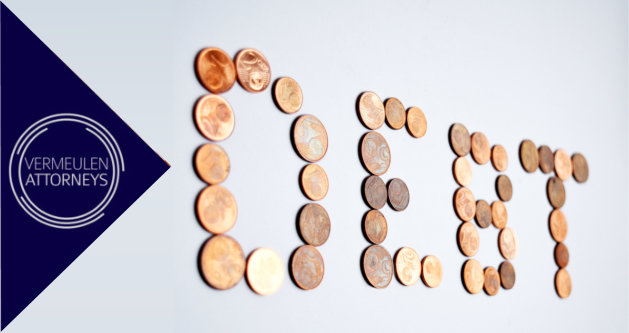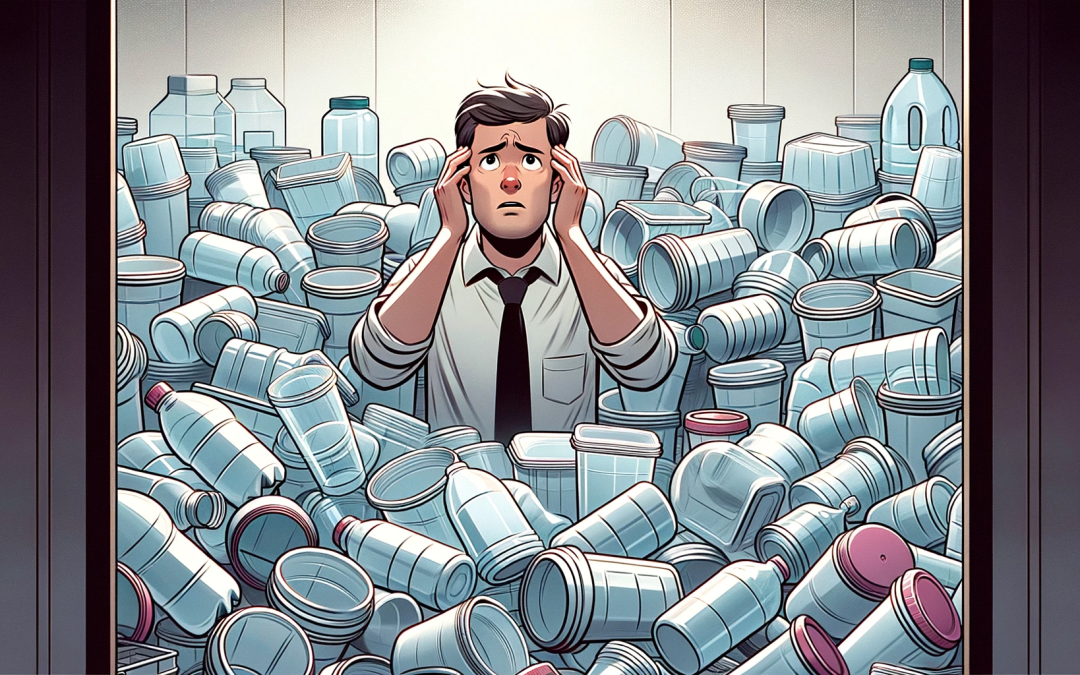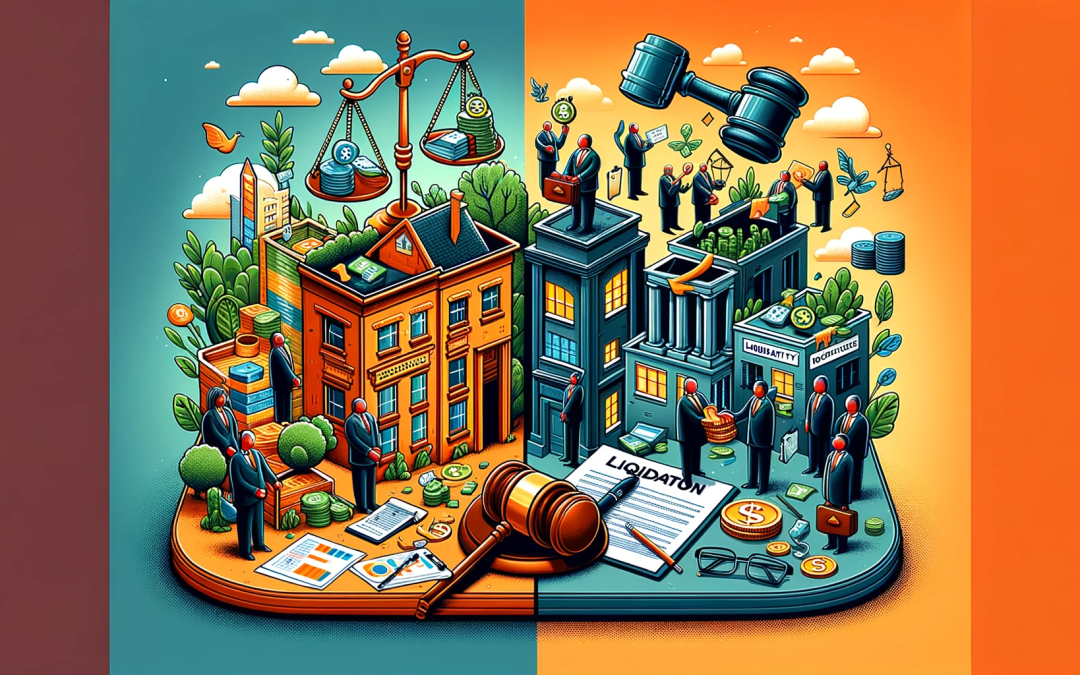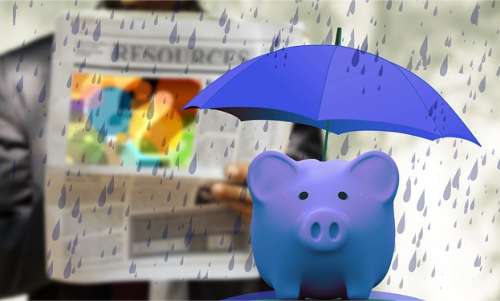My client and I had a verbal agreement whereby my client would pay off an account monthly, since the pandemic struck, he isn’t paying and now says that we don’t have a contract and that the money isn’t due to me- is this true? What can I do, and should I consider getting the agreement in writing?
The answer is yes, always have everything in writing! A verbal agreement can get tricky because it would be your word against theirs. Always have your agreements in contract form, if your client doesn’t want to a sign a contract, it probably isn’t a good client to keep. We have all been forced to compromise in terms of being more lenient with our clients during the financial strain of the pandemic, however, do it right! If you are generous enough to accept a payment plan, they will have to cooperative by signing the payment plan. If you have been forced to make arrangements with your clients and have them pay off an account instead of settling it once off, get an acknowledgement of debt. This serves as a contract and will have all the payment terms in. Interest rates, payment amount, pay date, banking details, terms for when they default, etc. Here is an article we did on what an acknowlegement of debt is as well as what to do when you have given your clients a payment holiday
What if they default?
If your debtor defaults the AOD does make provision for this, the AOD states the following: “IF THE DEBTOR: –
- fails to pay any amount payable in terms hereof on due date thereof; or
- breaches any of the terms or conditions hereof; or
- is provisionally or finally sequestrated; or
- has any of his/her goods attached; or
- has a judgment granted against him/her which remains unsatisfied for a period of 7 (seven) days after it has been granted; or
- surrenders the debtor’s estate or an administration order is granted against him/her; or
- effects a compromise with the debtor’s creditors; or
- applies for Debt Review in terms of the National Credit Act 34 of 2005;
then, in any such event the whole of the debtor’s indebtedness in terms hereof to the creditor shall immediately become due and payable, whether or not such amounts are then due and without prejudice to any other right which the creditor may have as a result of such breach.”
What if they refuse to sign?
If your client refuses to sign the AOD, you probably shouldn’t accept the arrangement, however, if you feel like accommodating your client for the fear of not getting paid at all, just keep a strict record of your arrangement via email, messages or even WhatsApp, so that if they do default you still have proof of them acknowledging a payment plan. Keep a record of everything.
Contact us if you would like to know more or if you are in need of an acknowledgement of debt. It always makes it a lot easier for you to have a third party deal with the client having to sign the AOD, especially if they have any questions or uncertainties. Leave it with the professionals!













